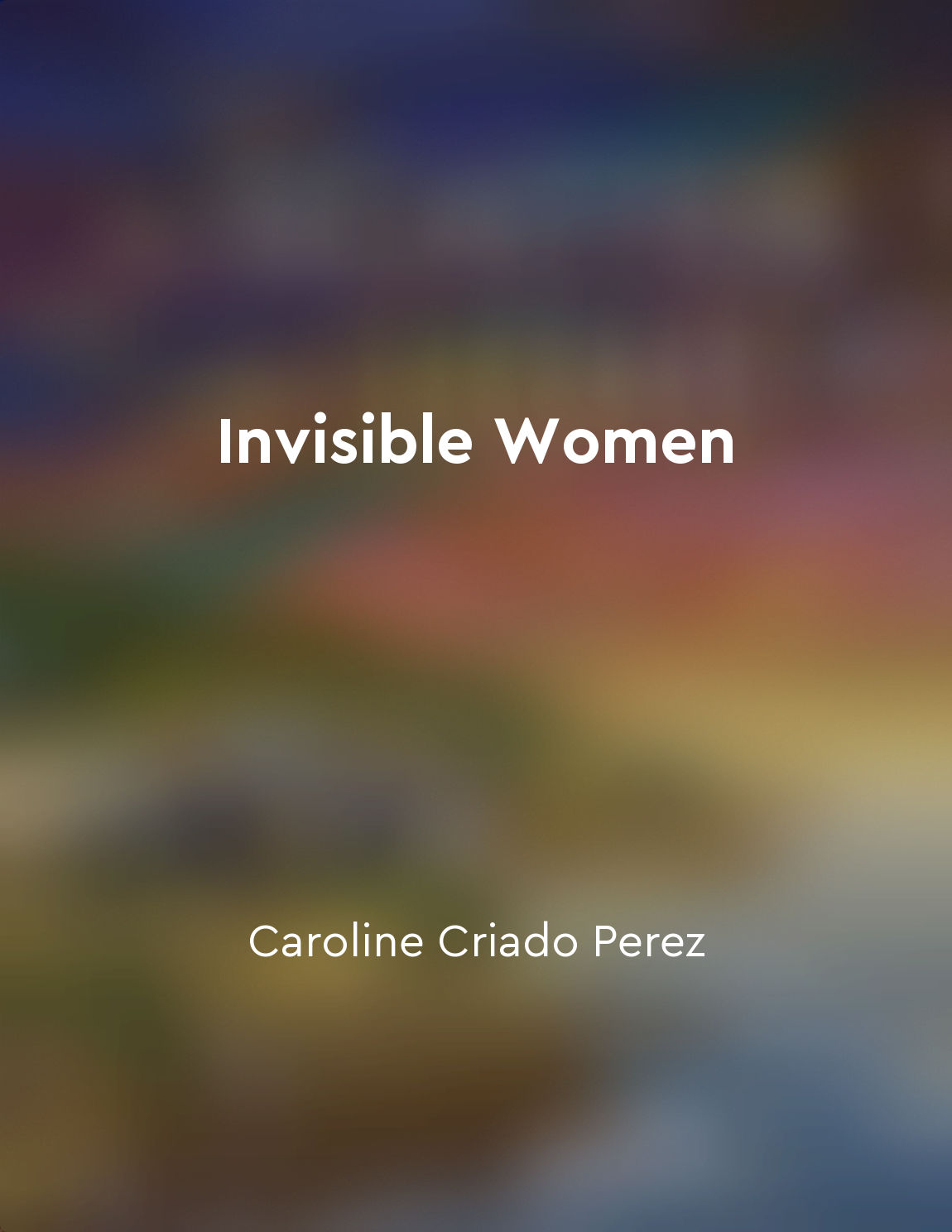Audio available in app
Rebecca Skloot uncovered the truth about Henrietta's cells and their impact on medicine from "summary" of The Immortal Life of Henrietta Lacks by Rebecca Skloot
Rebecca Skloot delved into the story of Henrietta Lacks, a woman whose cells were taken without her knowledge or consent and went on to become one of the most important tools in medicine. These cells, known as HeLa, were the first immortal human cells ever grown in a laboratory. Skloot uncovered the truth behind how Henrietta's cells were used in countless experiments and medical breakthroughs, leading to advancements in treatments for diseases like polio, cancer, and HIV. Skloot explored the impact that Henrietta's cells had on the field of medicine, revolutionizing research and changing the way diseases are studied and treated. Henrietta's cells were instrumental in developing the polio vaccine, understanding the genetic basis of cancer, and testing the effects of radiation and toxic substances. They were even sent into space to study the effects of zero gravity on human cells. Despite the profound impact of Henrietta's cells on medicine, her story was largely unknown to the public for many years. Skloot's investigation revealed the personal and ethical complexities surrounding the use of Henrietta's cells, as well as the injustices faced by her family. Henrietta herself was never informed about the use of her cells, and her family was left in the dark about their role in scientific research. Through her meticulous research and sensitive storytelling, Skloot brought Henrietta Lacks and her immortal cells into the spotlight, shedding light on a forgotten chapter of medical history. By uncovering the truth about Henrietta's cells and their profound impact on medicine, Skloot not only honored Henrietta's legacy but also sparked important conversations about ethics, consent, and the intersection of science and humanity.Similar Posts
Inherited genetic mutations can increase disease risk
Genes, the fundamental units of heredity, are the blueprints that dictate our biological makeup. These genetic instructions are...
Men and women have more similarities than differences in abilities
It is a common assumption that men and women possess vastly different abilities. This belief is rooted in the idea that men are...

Gender data gaps perpetuate inequality
Gender data gaps are everywhere - in healthcare, in the workplace, in transportation, in urban planning, and more. These gaps a...
Henrietta's family sought acknowledgment of her contributions to science
Henrietta's family, driven by a deep sense of injustice and a desire for recognition, embarked on a mission to shed light on he...
The consent of women in hormone therapy studies was often coerced
The consent of women in hormone therapy studies was often coerced. Researchers and doctors pressured women to participate in st...

Rebecca Skloot delves into Henrietta's life and the legacy of her cells
Rebecca Skloot immerses readers in the life of Henrietta Lacks, a woman whose cells were taken without her knowledge and went o...

The book challenges readers to consider the ethics of medical research
Throughout the pages of "The Immortal Life of Henrietta Lacks," readers are confronted with thought-provoking questions about t...
Henrietta's family struggled with poverty and lack of healthcare
Henrietta Lacks was born into a world where poverty and lack of access to healthcare were a constant struggle for her family. G...
